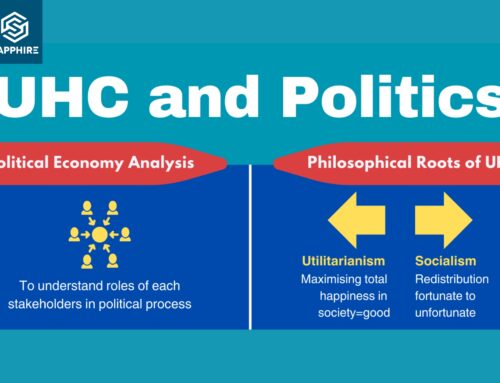In 2016 Bhutan graduated from Gavi support as its socioeconomic status change from lower-income to lower-middle income country, hence introducing new vaccines to its routine vaccination programme can pose a long-term financial burden to the government. However, since pneumococcal infections is a major cause of morbidity and mortality among young children in Bhutan, the Bhutanese National Committee for Immunization Practice recommended that the pneumococcal conjugate vaccines is introduced. As such Bhutan seek for an economic evidence, including economic evaluation and the budget impact analysis, to help inform whether the introduction of PCV in Bhutan would be the right way to go.
Pneumococcal diseases, which are caused by Streptococcus pneumoniae (S. pneumoniae) bacteria, has been a leading cause of child morbidity and mortality globally. The infection can lead to meningitis, bacteremia, pneumonia, and acute otitis media. To combat pneumococcal diseases, various types of vaccines have been developed. Currently, 10-valent pneumococcal conjugate vaccine (PCV10) and 13-valent pneumococcal conjugate vaccine (PCV13) which has been proven to be safe and efficient against S. pneumoniae, are available on the market.
In response to policy makers in Bhutan and the World Health Organization, an economic evaluation on PCV was conducted by the Essential Medicine and Technology Division (EMTD) under the Ministry of Health (MOH) of Bhutan with technical support from the Health Intervention and Technology Assessment Program (HITAP). The study aimed to determine the costs, outcomes, cost-effectiveness and policy feasibility of the introduction of new vaccines. The evaluation was implemented through a model-base cost utility analysis from government perspective. A Markov model was constructed with three policy options, namely, no vaccination, PCV10, and PCV13.
To summarize, the result suggests that both PCV10 and PCV13 are cost-effective in the context of Bhutan. However, PCV13 would be a preferable choice as it would yield better health outcomes, in terms of episodes of pneumococcal diseases and number of deaths and would incur a lower five-year budget.
Policy option and cost effectiveness results
This study completed in 2017. Afterward, it was taken into consideration of the MOH. A news arrived in May when the MOH announced that it has decided that the PCV should be introduced in Bhutan to protect Bhutanese children. Finally, on 4th June 2018, the vaccine is launched by His excellency the Prime Minister to commemorate the birth anniversary of Her Majesty the Queen of Bhutan.
We will be able to save more lives and the costs in long run”, said the representative from the EMTD, MOH of Bhutan.[i]
* The prevented deaths from direct disease infection.
** The prevented deaths from the possibility of disease transmission.
[i] http://www.kuenselonline.com/moh-to-introduce-vaccine-against-pneumonia/




